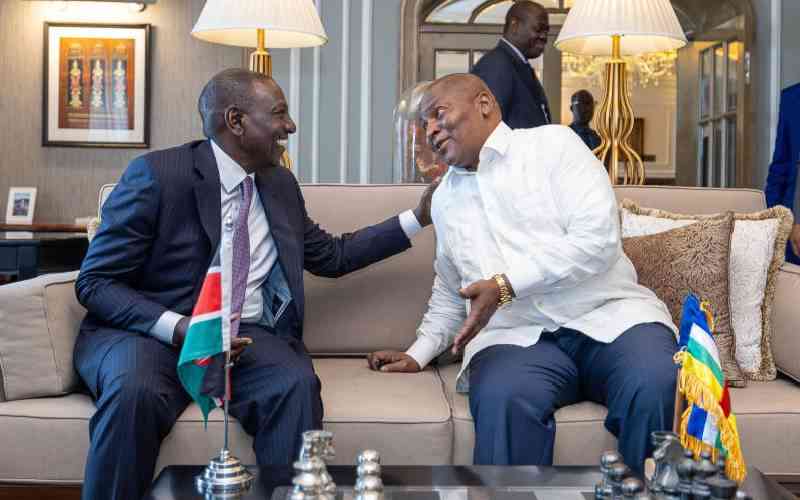×
The Standard e-Paper
Smart Minds Choose Us

President William Ruto has urged world leaders to embrace technology, citing the possibilities available through artificial intelligence (AI).
While acknowledging fears many have over the possible dangers of AI, Ruto said governments would help transform lives if they exploited the changing technology.